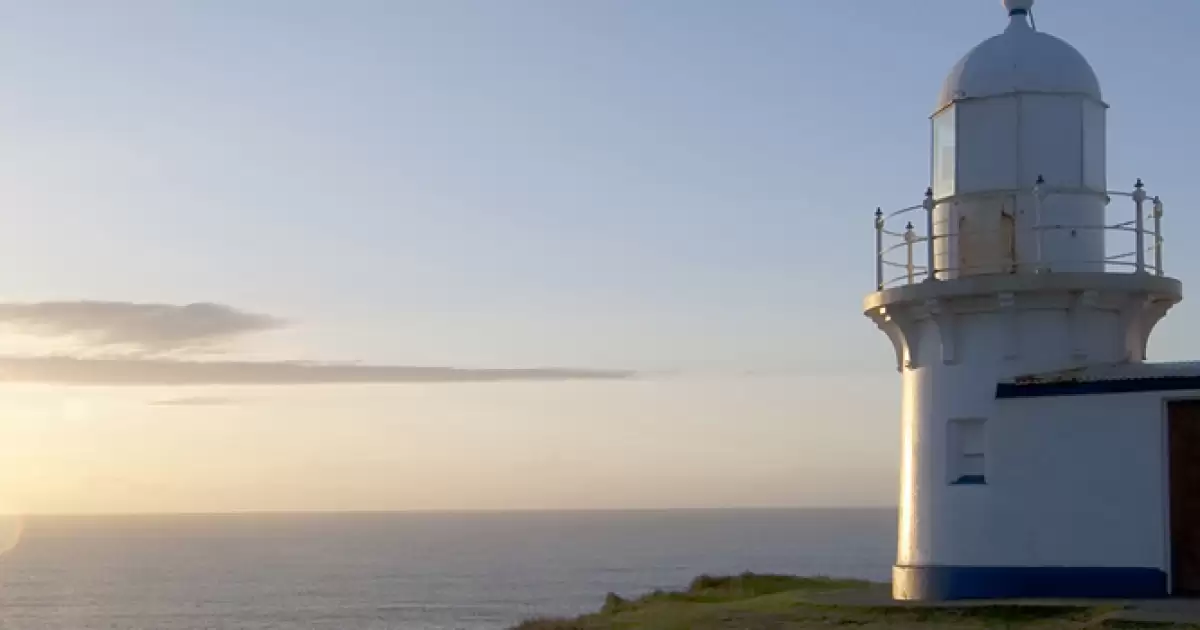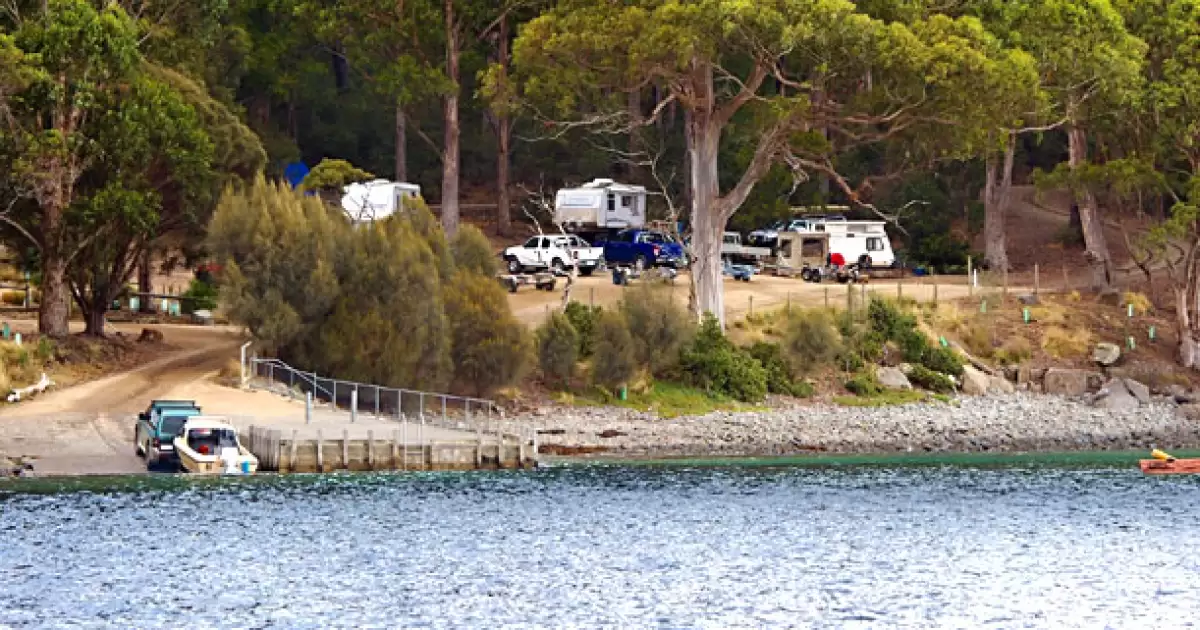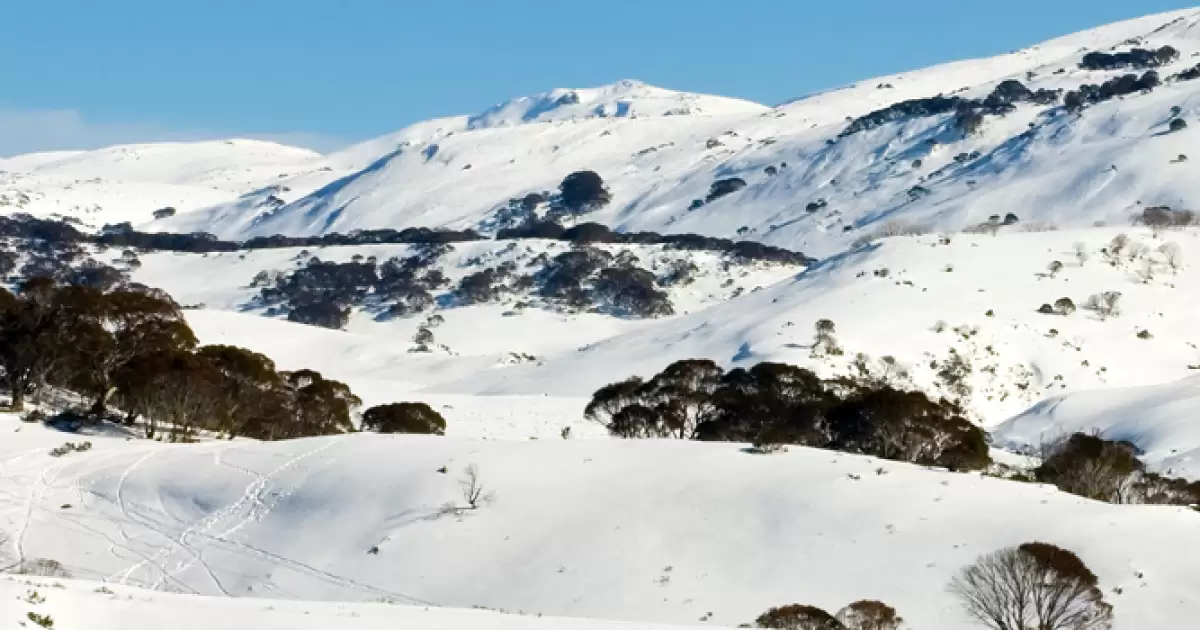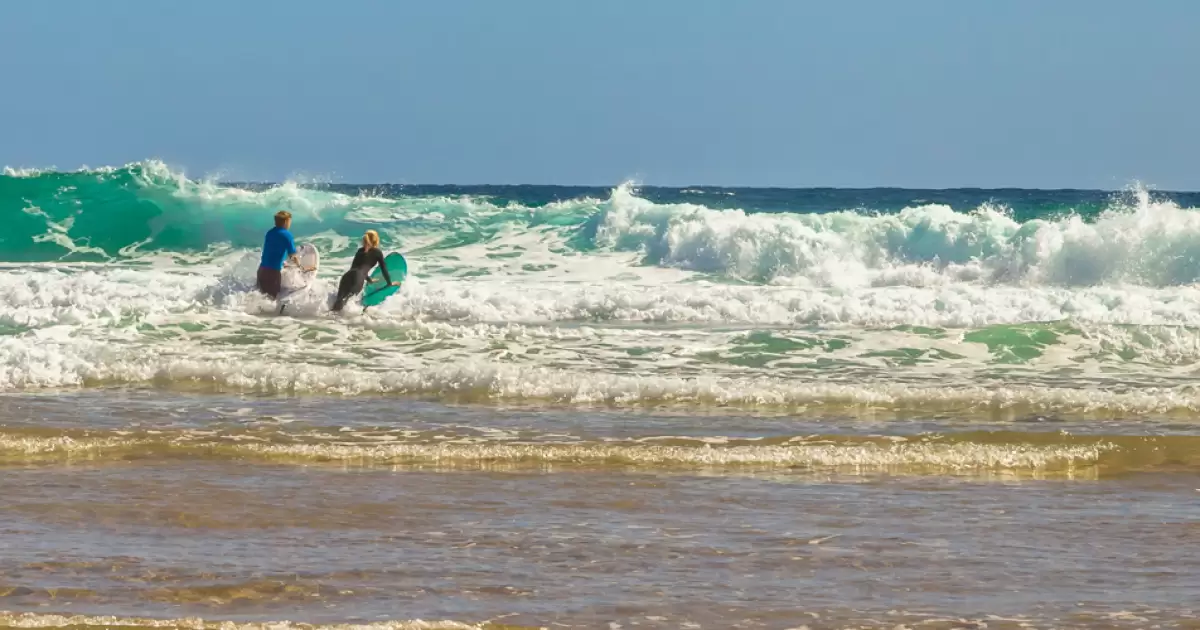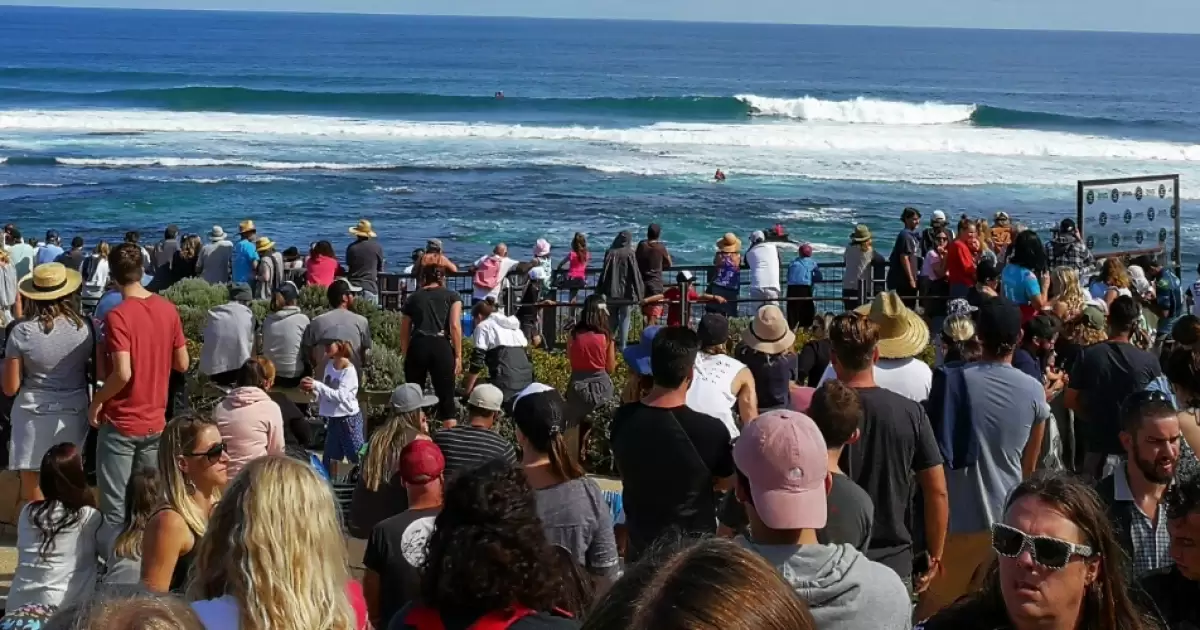A Nation Grows
PAST. PRESENT. FUTURE.
For at least 40,000 years before the first British settlement in the late 18th century, Australia was inhabited by indigenous Australians, from approximately 250 language groups.
After the European discovery of the continent by Dutch explorers in 1606, Australia's eastern half was claimed by Great Britain in 1770 and from 26 January 1788 was settled by penal transportation to the colony of New South Wales.
As the population grew the continent was explored and an additional five self-governing crown colonies were established. Some ventured inland in search of pastures to raise stock, and some tried their hand at mineral exploration. Australia turned out to be one of the most resource-rich nations on earth, soon gaining a reputation for the quality of diamonds, emeralds, gold, silver, industrial minerals and rare earths found here.

The Super Pit - Kalgoorlie

The Court Hotel - Kalgoorlie
Due to poor water supplies, most of the population opted to stay close to the coast, and still the coastline is home to most Australians.
Considering the small percentage of habitable land on the continent, it is conceivable that Australians are the most urbanised people int he world. Most problems arose due to the lack of forethought in colonising the nation.

The Super Pit - Kalgoorlie

Outback Stockhand's Hut
Settlers relied on using European standards that were inappropriate for the nutrient poor soil.
Combined with the ringbarking of trees and the over ambitious clearing practices, lead to soil salinity and erosion problems. Sheep and cattle changed the vegetation on which they grazed. They were the first hoofed mammals in Australia, and native vegetation had not evolved in such a way to endure them. They also ate different vegetation to that of native animals, therefore, changing the composition of native pastures.
The release of rabbits and foxes by early Europeans for hunting in Victoria caused devastating effects across Australia, with the destruction of plant life and the consumption of small native animals. These are only an example of the destructive forces that early Europeans introduced to the continent. The effects are still being discovered. Introduced plants were often left to grow unchecked, domestic pets were abandoned and they turned feral, pack animals such as donkeys, camels, etc were let loose to run free when no longer required. Also was the introduction of many pests and diseases that neither the land of the first inhabitants were equipped to deal with.

Museum Village - Esperance

Whitehaven Beach in Queensland
Australian Rule
Australia is a constitutional monarchy with a federal division of powers. It uses a parliamentary system of government with Queen Elizabeth II at its apex as the Queen of Australia, a role that is distinct from her position as monarch of the other Commonwealth realms. The Queen resides in the United Kingdom, and she is represented by her viceroys in Australia (the Governor-General at the federal level and by the Governors at the state level). The final constitutional ties between Australia and the UK were severed with the passing of the Australia Act 1986, ending any British role in the government of the Australian States, and closing the option of judicial appeals to the Privy Council in London.
